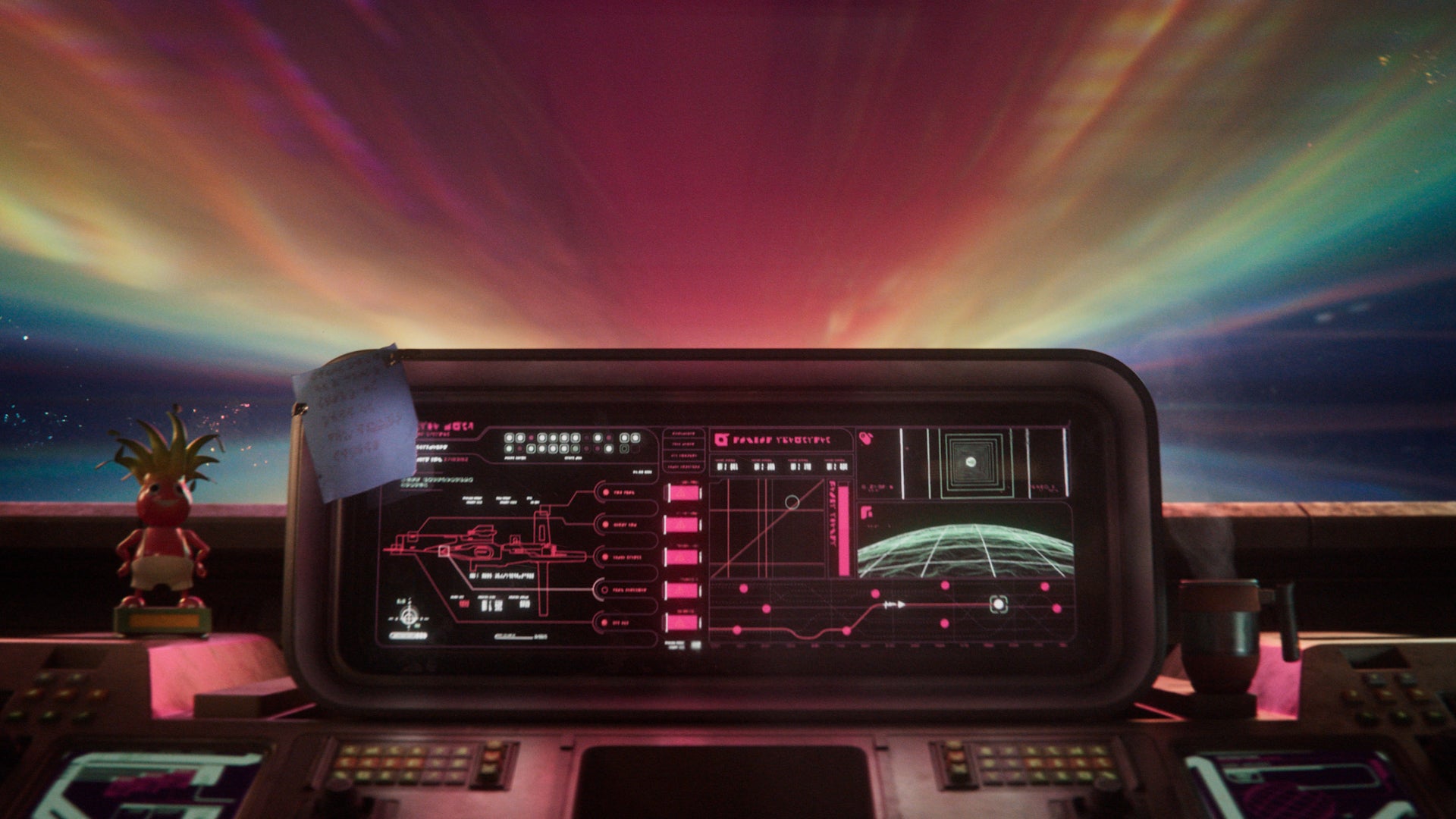Has there been a more competitive time to release a video game? Possibly. Without resorting to blunt totting-ups of metascores and sales figures and some kind of dividing-by-gap-between-release-dates, it’s not really something you can measure. One particularly rectangular section of my brain was tempted, mind, in the same kind of doomed endeavour as Civilization 7 designer Ed Beach trying to mathematically quantify whether his team was sticking to Sid Meier’s rule of thirds. After a physicist who helped launch the Hubble telescope told me he couldn’t make that work, I thought better of it.
ConcordDeveloper: Firewalk StudiosPublisher: Sony Interactive EntertainmentPlatform: Played on PS5Availability: Out now on PC (Steam) and PS5.
Instead, then, we must go by vibes, and the vibe right now is . Or maybe more specifically, a video game. This has been one of many big headscratchers for the people at the top of the games industry recently. At the risk of re-treading some already over-trodden ground, big publishers, as we all know, want big profits. Specifically, they want the kind of smash-hit, hobby-grade, zeitgeist-defining golden goose profits you get from a Grand Theft Auto or a Pokémon Go, or a League of Legends, a Fortnite, a Warzone, a Counter Strike or even just a good old Wordle. The catch is these hits more often than not are live service games, and live service games require not only vast amounts of players but now also vast amounts of those players’ attention. They require time – time to be made, yes, but also time to be played – and as any painfully over-stretched modern human will have noticed, there is only so much time in a day.
This is why, I suspect, games have had so much trouble with their attempts to “grow”. They’ve shifted from being a part of the entertainment economy – “Do I spend my spare £40 on a new video game, or on a couple of new albums?” – to a part of the engagement economy – “Do I tick off some daily objectives in FC24 while listening to Spotify and talking with friends on Discord, or watch another episode of Star Wars while scrolling through Tiktok with intermittent breaks for Twitter/X, and my partner’s voice note about what I’m cooking for dinner?”
All of this is painfully self-evident, to the point where it almost feels superfluous to say it out loud. And yet, at the same time, it seems weirdly unacknowledged that this is our reality now, that we all know it’s entirely unsustainable but that nobody can seem to stop.
More than anything else, it’s a kind-spirited game, developed by a group of people who earnestly believe in what they’ve made.
Now enter poor, eight-years-in-development, PlayStation first party exclusive, multiplayer shooter Concord, which somehow arrives in the market during the August of an infamously fallow year for video games feeling like an underdog. (I know it’s not a fallow year for video games – quite the opposite really, which only adds to the problem – but it is a fallow year for big, triple-A tentpole ones by all our usual standards.)
Concord is perfectly alright. We’ve a full review coming soon which will hopefully be a bit more forensic than that – and which may well argue otherwise – but from the few hours I spent with it for a preview earlier this summer, and a few more hours with it after its servers went live this week, I think it’s perfectly fine. There are new ideas here, despite early, trailer-based dismissals of Concord as a kind of derivative Guardians of the Galaxy clone. The stacking crew bonus mechanic, for instance, which sees you acquire a unique buff for each character class you switch between throughout rounds, is an interesting twist on the sense of in-game progression that developers at Firewalk took from their experience with games like League of Legends. It encourages thoughtful planning of how you might switch through the roster as games progress, as much as adaptation on the fly.
